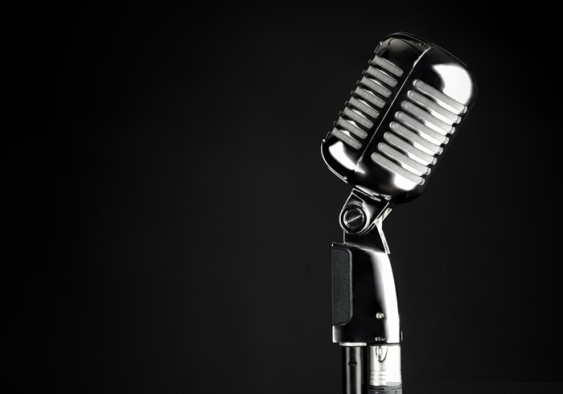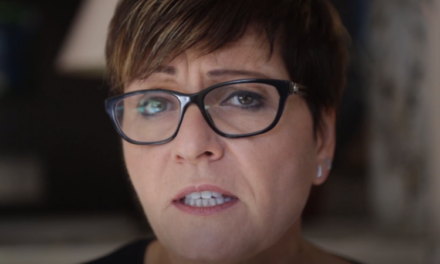Here, according to the opposition, not here, but everything is fine, freedom of the press is saved. Or it will.
After all, here is (again) the so-called Radio Free Europe, which tells the truth, freely, in a European (or rather American) way.
What does it say How they call it? It almost doesn't matter. The point is that it is free and independent. Which is why there is a problem. Once upon a time, this radio broadcasting on the air was the support of Hungarians in the fight against the communist dictatorship, the source of hidden news. It is true that it was not independent and objective even then (it was funded by the American Congress, so it operated according to the intentions of the USA), but then it acted against a dictatorship.
Today, they share their minds on the Internet, and the guarantee of their independence is that they depend on the money of the American Congress. Which, isn't it, is a big difference. Or not. Among his employees, there are such impartial and unbiased writers as the former communications director of the MSZP, or the former journalist of Magyar Narancs (this is also an objective news source, right?).
What appears on the online interface of this barely significant organ is almost indifferent. It's only annoying when they try to make what's false true with somewhat nefarious means. For example, the story of Kisnarancs (I avoid describing his name, he doesn't deserve that much), which was born out of the alleged suppression of the Polish and Slovenian press, serves this purpose.
Even this wouldn't be worth mentioning, all the more so because we don't know any of the media markets well enough, but the author doesn't fail to add some good taste. As a lens. And impartial.
We know the constantly told lie that there is no freedom of the press in Hungary, that the "pure voice" is suppressed, that the government liquidates the organs that attack it. They mention the attack on Index, which the government had nothing to do with in the world, but it was a good thing. And Index thanks you, it's fine, just like Telex, which grew from it by division. Wow, ugly government, it made two opposition portals instead of one. This is oppression itself.
Or here's the other proof, the "obliteration" of Klubrádió, which has a deservedly low audience. Apart from the fact that the radio itself made it impossible to automatically extend its broadcast license because it violated the law, it is now applying for the frequency again (and alone!) and if they really want to, they can speak on the air again. The question is, do they really want to, or do they just want to stir up another international scandal. And they keep quiet about the fact that Karc fm won't get an automatic operating license either, because they also broke the rules, meaning they have to apply again. It's just that the left-liberal side doesn't mourn them.
Where is freedom of the press these days? Why is Free Europe not worried about the German press, where it is almost impossible to criticize the government? Where "reluctant" journalists fly like wild geese. But there, isn't it, the press is free. Pretty much as the joke before the regime change says, slightly adjusted: a free journalist in a free country writes his free opinion as he is free.
Oddly enough, but this could be just a coincidence, the Very Free Very Europe radio is for some reason only afraid of press freedom in countries where Christian-conservative governments have been elected - in truly free elections.
Interesting, isn't it?











